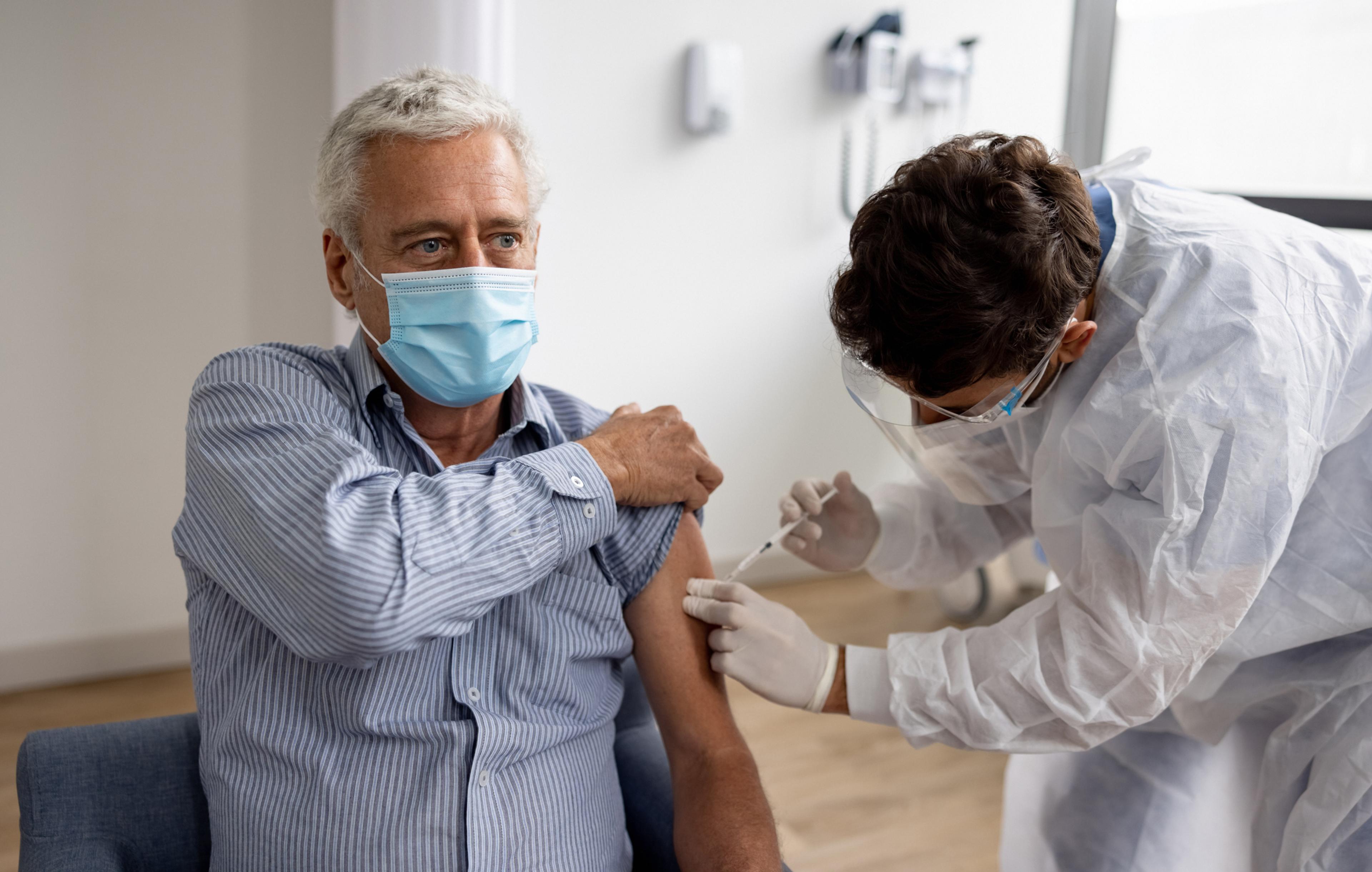What to Know About the New COVID Variant

Lindsay Knake
| 2 min read
Lindsay Knake is a brand journalist for Blue Cross Blue Shield of Michigan.

The number of COVID-19 cases is growing across the United States, including Michigan, the Centers for Disease Control and Prevention (CDC) reports.
The COVID-19 virus continues to change and adapt with new variants. This spring and summer, omicron variants called KP.1, KP.2 and KP.3 have made up more than 70% of cases. The number of cases of the LB.1 variant, which is closely related, is growing with about 10% of new cases in July, according to the CDC.
The CDC tests wastewater for viral activity levels; Michigan is at the “moderate” level.
The number of people with COVID visiting emergency rooms has increased since May, the CDC reports, although the overall visits and hospitalizations related to COVID remains low.
What are symptoms of the new variants?
The mutations of the virus may spread more easily than previous variants, but do not appear to cause more serious illness. The symptoms of the KP and LB variants are consistent with previous versions. They include:
- Sore throat
- Body aches
- Cough
- Runny nose
- Shortness of breath
Here are tips to prevent infection:
- Get vaccinated: The COVID-19 vaccine is the most effective way to protect yourself against the virus and other serious complications.
- Wash your hands regularly: Clean hands protect against many infections, including COVID-19 and the flu.
- Avoid touching your eyes, nose and mouth: Viruses spread by droplets an infected person expels when they cough, sneeze or talk.
- Wear a mask and keep your distance: Covering your mouth and nose and staying six feet from others can reduce your chances of getting sick.
- If you do not feel well, stay home. If you are experiencing COVID-19 symptoms, isolate yourself to prevent the virus's spread.
What is the status of the new COVID vaccine?
On Aug. 22, the Food and Drug Administration approved two updated vaccines, which target the KP.2 variant.
The CDC recommends that everyone ages 6 months and older should receive at least one dose of the updated COVID vaccines from Pfizer-BioNTech, Novavax, or Moderna once it becomes available this fall.
People who received the 2023-2024 vaccine had greater protection against illness and hospitalization than those who did not, reports the CDC.
If you have an underlying condition, talk to your primary care provider to make sure the new vaccination is safe for you.
Image: Getty Images
Related:





